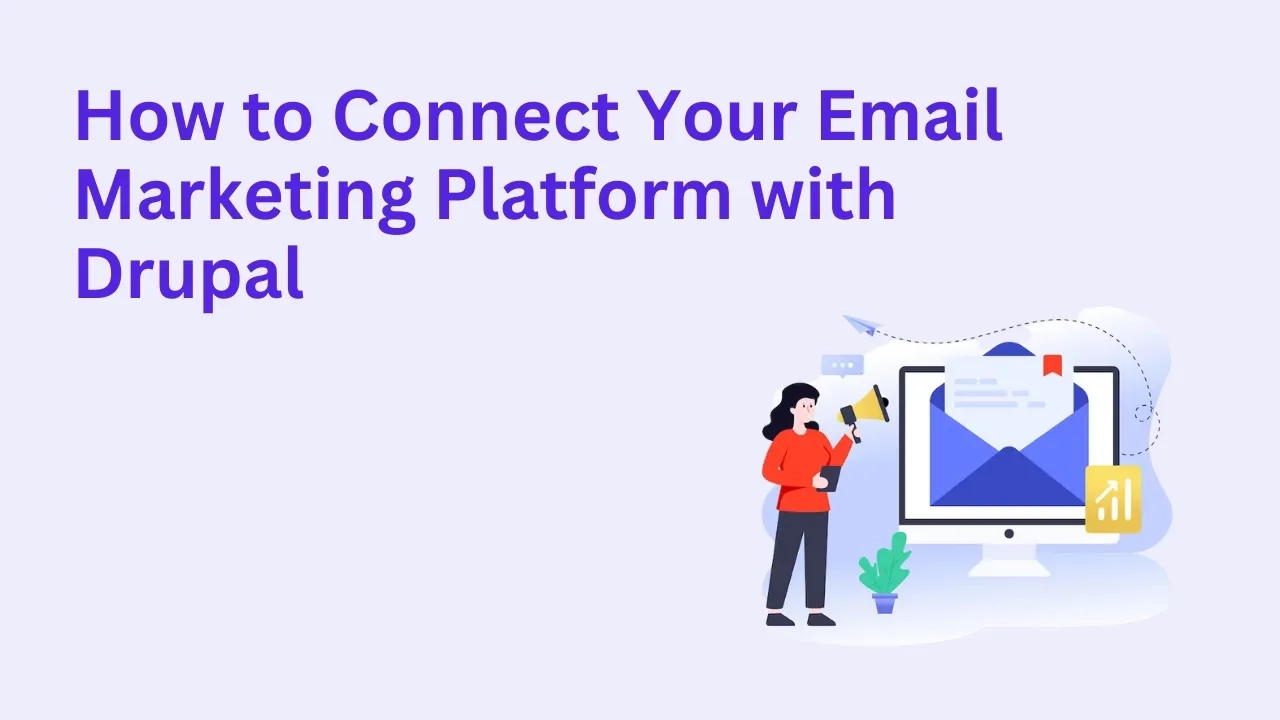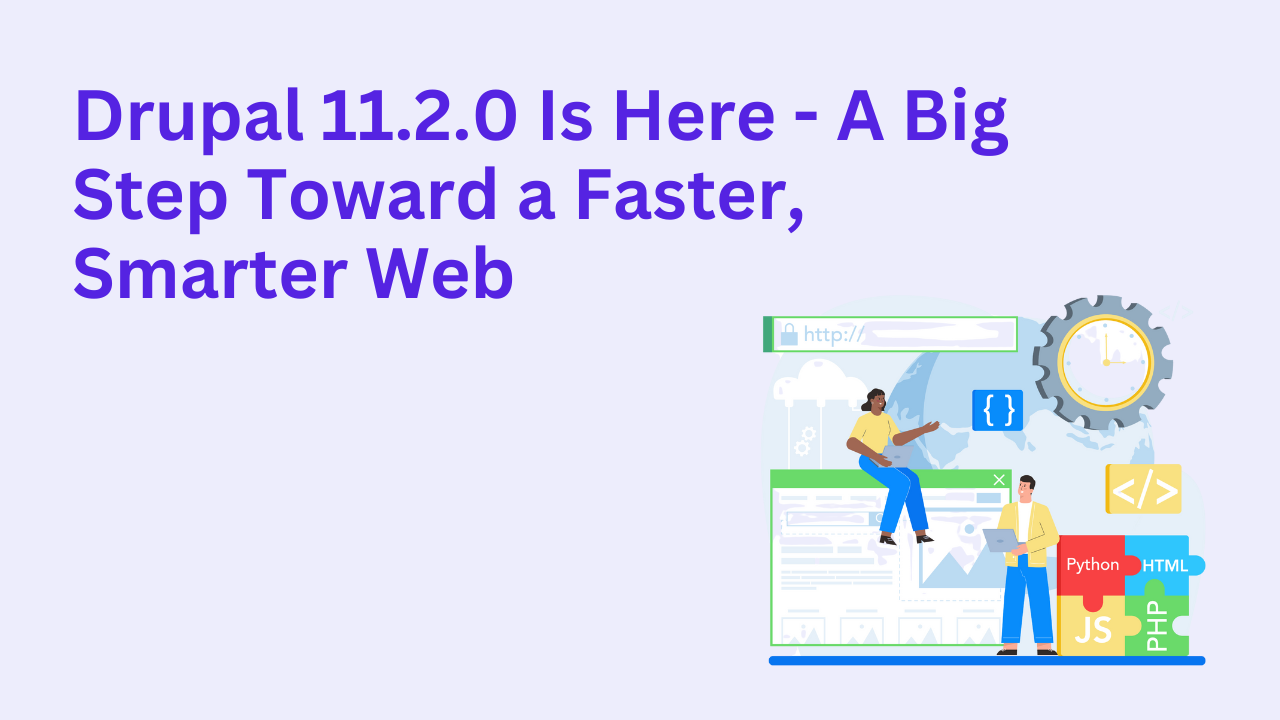How to Set Up Multichannel Marketing Campaigns with Drupal

How to Set Up Multichannel Marketing Campaigns with Drupal
In today’s digital landscape, customers expect to interact with your brand across multiple channels—your website, email, social media, and even mobile apps. To meet these expectations and boost engagement, you need a cohesive multichannel marketing strategy. The good news? If you’re using Drupal, you already have a powerful toolkit to orchestrate and automate your campaigns seamlessly.
What is Multichannel Marketing?
Multichannel marketing means engaging your audience across multiple platforms and touchpoints. It’s not just about being present everywhere it’s about delivering consistent, relevant messaging tailored to the unique behaviors and preferences of your users on each channel.
Why Drupal for Multichannel Campaigns?
Drupal’s API-first architecture, content modeling flexibility, and rich ecosystem of modules make it an ideal platform to power multichannel campaigns. It acts as a central hub for your content, ensuring:
Consistent messaging across platforms
Real-time data updates and user insights
Personalization at scale
Key Steps to Set Up Multichannel Campaigns with Drupal
1. Centralize Your Content in Drupal
Start by ensuring all your marketing content—blog posts, landing pages, product data, and resources—lives in Drupal. This way, you have a single source of truth for accurate, up-to-date messaging.
2. Leverage APIs for External Channel Integration
Drupal’s API-first nature means you can push content to:
Social media platforms (using integrations with tools like Buffer or Hootsuite)
Email marketing platforms (Mailchimp, Constant Contact, HubSpot)
Mobile apps or custom frontends
Marketing automation tools (like Marketo or Salesforce Marketing Cloud)
Set up these integrations using contributed modules or custom API connections to automate content distribution.
3. Use the Webform Module for Audience Engagement
Drupal’s Webform module helps you capture leads and collect user data. Embed forms across your site to gather audience preferences, segment data, and trigger automated campaigns.
4. Personalize Content for Each Audience Segment
Using modules like Smart Content or Contextual Filters in Views, you can dynamically display content based on user behavior, location, or preferences. Personalization increases relevance and engagement across channels.
5. Automate Workflows with Drupal Rules or External Tools
Drupal’s Rules module can automate workflows, such as sending data to your CRM when a user fills out a form or triggering an email campaign when new content is published. Alternatively, integrate with external marketing automation tools for complex workflows.
6. Analyze & Optimize Campaign Performance
Use Drupal’s analytics integrations (like Google Analytics, Matomo, or custom reports) to track user journeys, conversions, and engagement across channels. Analyze this data to refine and optimize future campaigns.
Real-World Use Cases
Email Campaigns: Automatically push new blog posts or promotions to email subscribers using Mailchimp’s Drupal module.
Social Media: Instantly share new Drupal content to Facebook, Twitter, or LinkedIn via API connections.
Landing Pages: Build campaign-specific landing pages in Drupal with tailored CTAs and track conversions natively.
Why Choose Drupalify for Multichannel Campaigns?
At Drupalify, we specialize in building integrated, data-driven multichannel marketing campaigns that leverage the full power of Drupal. From API integrations to personalized landing pages, we ensure every touchpoint works together to deliver results.
Explore our services: Hire Drupal Developers
Or book a free consultation: Book a Free Consultation
Conclusion
Multichannel marketing is the key to engaging modern customers wherever they are. With Drupal at the center of your campaigns, you can deliver consistent, personalized messaging that drives conversions and builds loyalty. Ready to get started? Let’s chat.








